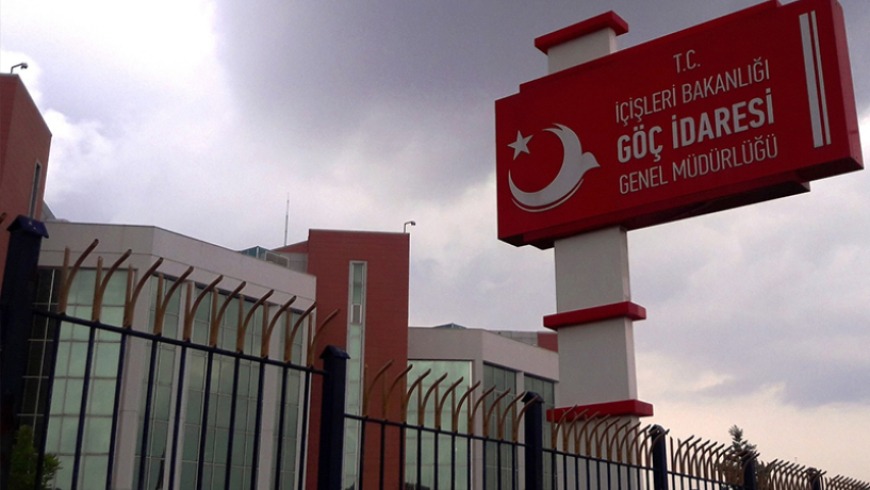On August 5th, the Turkish Interior Minister announced, during his attendance at the Human Rights Training program held at the Justice and Development Party headquarters, that 729,000 out of the 3.1 million Syrians residing in Turkey do not have a registered address. He added, “We gave them a 90-day deadline, and when it expires, a second period of 60 days will begin. We will send a second notice to them, and then we will suspend the provision of public services.”
The Turkish minister’s statements raised many questions about these numbers, with Turkish media describing them as “missing” and considering them a security threat to the country. A memorandum was submitted to parliament inquiring about their fate.
As for the reasons behind the lack of address registration among Syrians, migration to Europe is one of the primary factors. Many Syrians leave without informing the Migration Department, especially during 2015-2016, when about one million Syrian refugees left Turkey for Europe illegally, without reporting their departure.
In addition to migration, difficult living conditions in Turkey, as well as tensions stemming from the “Kayseri events” and discussions about normalizing relations between Turkey and the Syrian regime, prompted large numbers of Syrians to return to northern Syria, with some even choosing to return to regime-controlled areas.
Turkish Interior classifies Syrians into categories to deal with them
The Turkish government is approaching its dealings with Syrian refugees in two main directions. The first direction aims to prevent further migration from Syria by stabilizing the internal situation in northern Syria, supporting a political solution, and creating a safe environment for Syrians wishing to return. This includes offering financial incentives in cooperation with the European Union, a strategy that Turkey has been pursuing for years.
Researcher Ahmed al-Hassan explains that, on the other hand, the Immigration Department is working to regulate the status of Syrians who have been in Turkey for over a decade by categorizing them into four segments.
The highest segment, according to Hassan, consists of those who have integrated into Turkish society. These individuals have learned the Turkish language, actively use services such as water and electricity, and have opened bank accounts. They are considered likely candidates for upcoming documents to be issued by Turkish immigration.
The second segment includes those who have no security issues and are diligent about updating their information but have not integrated into Turkish society. They haven’t learned the Turkish language or opened bank accounts. This group is under increased monitoring to encourage their integration into the first segment. Those who resist these efforts and decide to leave Turkey may be reclassified into the third segment.
The third segment, according to Hassan, comprises those who do not engage in activities such as opening bank accounts or adopting utility services. Many in this group came to Turkey with the intent of crossing into Europe, and the government views them as individuals who wish to leave Turkey, resulting in stricter measures against them.
The fourth segment includes those who have shown no response to the Ministry of Immigration. According to the Ministry of Interior, these individuals have likely left the country for Europe, but their records remain active in Turkey because they did not complete the necessary procedures, such as de-registering their addresses. This segment is expected to be in the thousands, and their records will be cancelled in upcoming updates, according to Hassan.
Experts believe that these new measures, including the regulation and deletion of records for thousands of Syrians who are not at their registered addresses, will lead to a significant decrease in the number of Syrians in Turkey. In this context, Murat Erdoğan, Director of the Migration Studies Center at Ankara University, predicts that the number of Syrian refugees in Turkey could “suddenly” drop to 2.4 million. He notes that the number of Syrians previously decreased by 200,000 in a single night due to the conversion of their active records to inactive status, emphasizing the importance of keeping their data up to date.
This article was translated and edited by The Syrian Observer. The Syrian Observer has not verified the content of this story. Responsibility for the information and views set out in this article lies entirely with the author.


